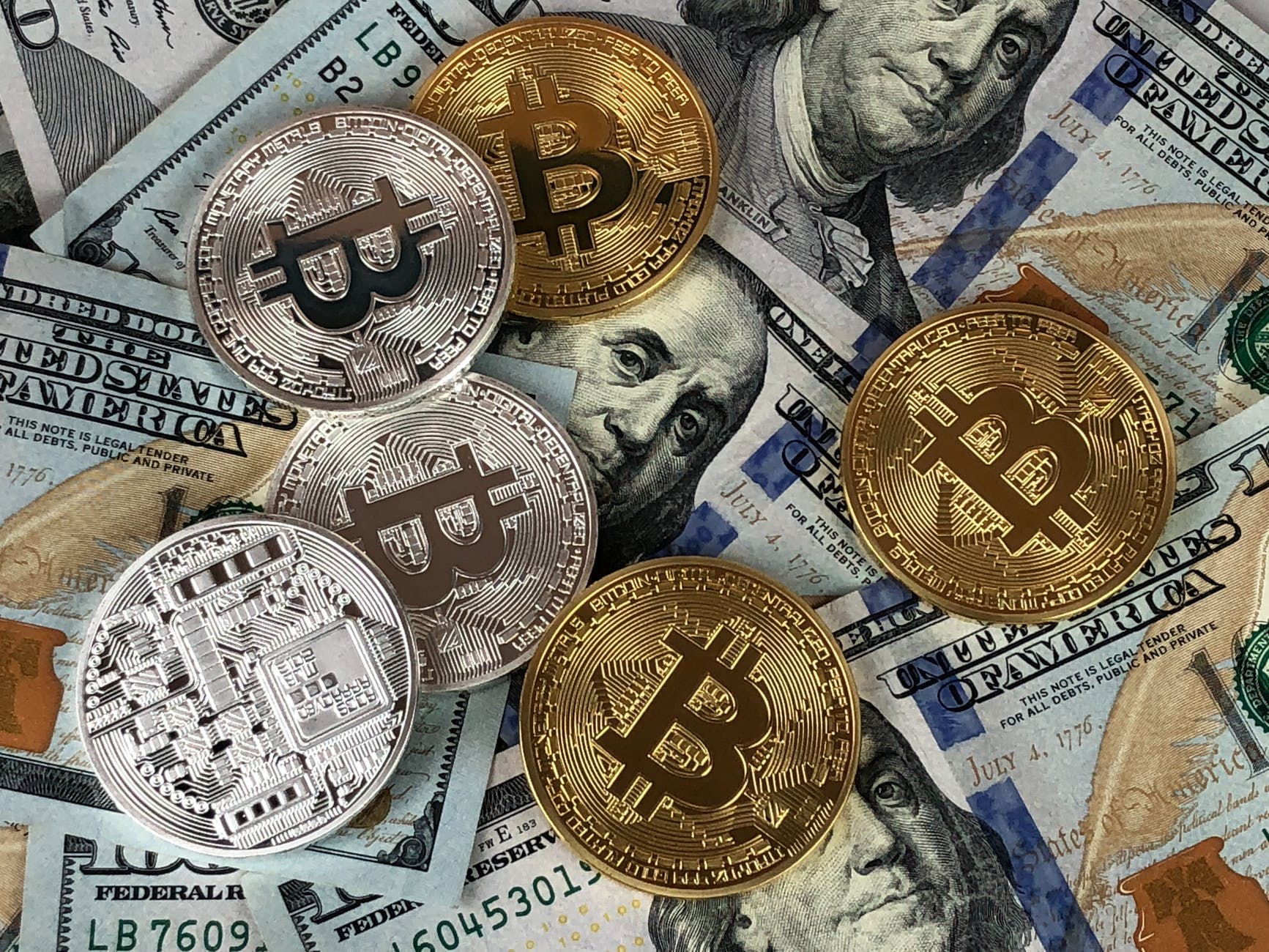FOOTBALL NOW is a new show that examines some of the game’s most pressing topics, challenges, and arguments. Football has had a rocky relationship with technology in the past. Only a few years ago, David de Gea’s transfer to Real Madrid was thwarted due to a slow fax machine. However, there has now been a breakthrough, as cryptocurrency has made its way into the world of sports.
David Barral, an ex-Real Madrid attacker, created transfer history in early 2021 by becoming the first footballer to be signed with Bitcoin as payment. “He becomes the first signing in history in cryptocurrencies,” the Spanish squad Dux International said on Twitter. Thanks to our new sponsor, Criptan, for making it possible.”
They are not, however, the only club that has dabbled in cryptocurrency. Rimini FC of the Italian Serie C sold 25% of their share in Quantcoin, AZ Alkmaar’s players became the first in the Netherlands to be paid in Bitcoin, and Watford of the Premier League wear the Bitcoin logo on their shirt.
Bitcoin, like every other currency, is a medium of exchange. When it was created in 2009, it was the world’s first totally virtual money. It was made by a method known as cryptography, which, according to University of Liverpool Senior Lecturer in Business and Sports Management David Cockayne, is “basically the skill of stitching different encryptions of code.”
There are no notes or coins, and the value is displayed as a number on a screen. New bitcoin is created through a process known as’mining,’ which involves complicated code running on supercomputers. New bitcoins aren’t printed; instead, they’re created by people and businesses throughout the world using computers. The sports business has realized that digital payment methods have the potential to attract sponsorships while also monetizing fan involvement.
What do you mean by that? Through the use of fan tokens. Fans may easily download an app and purchase tokens that give them access to and control over key aspects of their favorite club, such as uniform design and pre-match music. Alexandre Dreyfus, CEO of the fan token platform Socios, feels that this is only the beginning of a shift in the fan-club relationship.
“We believe that fantasy games and digital assets in general will surely, if not completely revolutionize football, be a part of the disruption that is required to bring sports and football closer to the fans.”
We believe that in the next five to ten years, the relationship between fans and the club will shift from passive to active,” he says.
Socios has already partnered with over 60 clubs, including football powerhouses such as Barcelona and Manchester City. Even Lionel Messi got on board by receiving fan tokens as part of his PSG welcoming package, but not everyone agrees. “They say it’s all very crypto, very technological,” says the narrator. It’s a case of “we don’t get it, but it’s really cool.” David Gerrard, a financial specialist, agrees. And I don’t see many of them taking off in the future because the crypto aspect is purely for marketing purposes; it’s basically simply tokens for people to exchange or use in the shop.
The NFT, also known as ‘non-fungible tokens,’ is another crypto by-product that is gaining traction. NFTs are digital assets that have unique data added to them to represent ownership, similar to actual collector’s items. It might be anything from a video or image of a significant sporting milestone, such as Messi’s first-ever goal, to digital trading cards, but some may be expensive. A one-of-a-kind digital NFT card featuring Cristiano Ronaldo sold for a whopping €353,400 only a few weeks ago.
Crypto may be difficult to understand and volatile, but it is here to stay. Are we headed for a future of Bitcoin wages, fan-driven app decisions, and virtual card trade as interest in digital currencies grows and more football clubs accept them?

